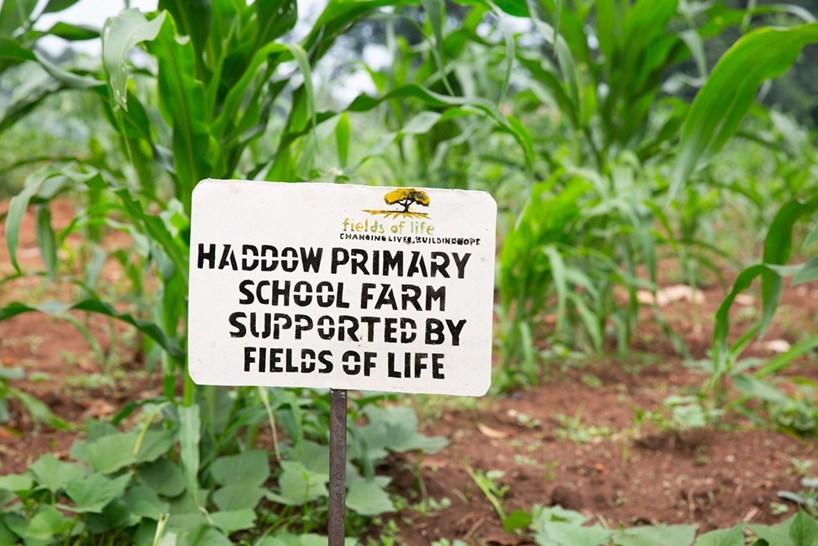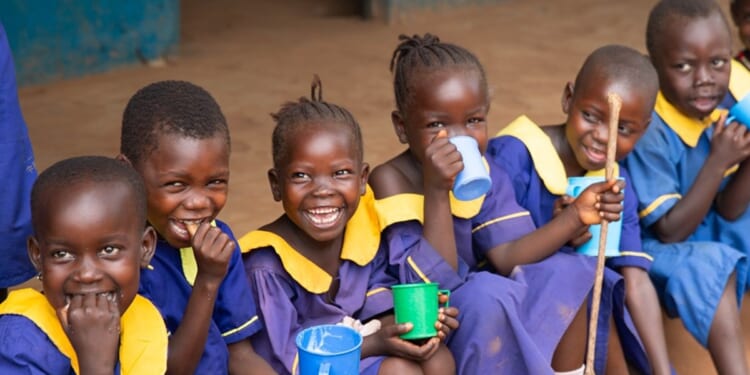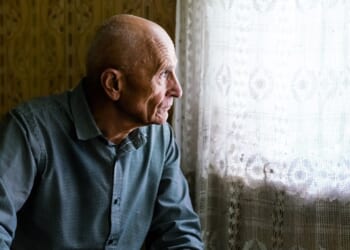CORRUPTION and the diversion of oil revenues are holding back South Sudan’s social and economic development, the UN Commission on Human Rights in South Sudan has said.
“Corruption is not incidental, it is the engine of South Sudan’s decline,” the Commission’s chair, Yasmin Sooka, said. “It is driving hunger, collapsing health systems, and causing preventable deaths, as well as fuelling deadly armed conflict over resources. The suffering of South Sudanese civilians is a direct consequence of the brazen plundering of public revenues since independence in 2011.”
The Commission’s report — Plundering a nation: How rampant corruption unleashed a human rights crisis in South Sudan — was published last month and documents how oil and non-oil revenues are “siphoned off through opaque off-budget schemes and politically connected contracts while millions of South Sudanese are denied basic services”.
Analysis of official data shows that the government’s oil inflows have exceeded almost £20 billion since 2011. “Yet systemic corruption and diversion of both oil and non-oil revenues mean hardly any money reaches essential services,” the report says. International donors now spend more on South Sudan’s basic services than the government itself.
Between July 2020 and June 2024, the Ministry of Presidential Affairs overspent its allocation by 584 per cent, nearly six times its allocation, at almost £400 million. The Ministry of Health received just 19 per cent of its allocation, at £26 million.
 FIELDS OF LIFEHaddow Primary School, in the diocese of Maridi, is supported by the Fields of Life programme
FIELDS OF LIFEHaddow Primary School, in the diocese of Maridi, is supported by the Fields of Life programme
“The diversions are not abstract budget failures — they translate into preventable deaths, widespread malnutrition, and mass exclusion from education,” a Commissioner, Carlos Castresana Fernández, said. “Three-quarters of child deaths are preventable — yet funds go to patronage and private pockets, not medicine or clean water and sanitation.”
The 2018 Revitalized Agreement on the Resolution of the Conflict in the Republic of South Sudan, signed in the wake of civil conflict that broke out in the years after independence, is “in tatters” owing to its “deliberate undermining” by Sudan’s political leaders, the report says.
South Sudan, a country that has “extensive natural and financial resources”, now has an average GDP per capita just a quarter of what it was at independence. Only one country sits below it in the Human Development Index. Amid acute food insecurity, the Government allocated just 0.4 per cent of its expenditure to the two ministries responsible for agriculture, food security, livestock, and fisheries between 2020 and 2024. Approximately one in ten children dies in infancy, and 75 per cent of these deaths are deemed preventable.
The report concludes: “South Sudan’s political leaders have consistently failed to demonstrate any genuine political will to serve or protect citizens, or to fulfil even the State’s most basic obligations including the population’s most fundamental needs essential for dignity and survival.”
The report was issued shortly before the trial of the former Vice-President Riek Machar, arbitrarily detained since March 2025, alongside other members of the Sudan People’s Liberation Movement-in-Opposition. They face charges of murder, treason, crimes against humanity, and other offences related to an attack on the President’s forces earlier this year. The UN has urged the Government to ensure a fair trial in which the judiciary operates free from political interference.
On 12 September, the South Sudan Council of Churches, including the country’s Episcopal Church, warned that the country stood at a “perilous crossroads where stagnation of the Revitalized Peace Agreement risks undoing sustained efforts towards cultivating peace in South Sudan”. It urged leaders to “move from mere rhetoric to actionable commitments for peace and dialogue” and called for the establishment of a Church Initiative for National Healing and Reconciliation.

















